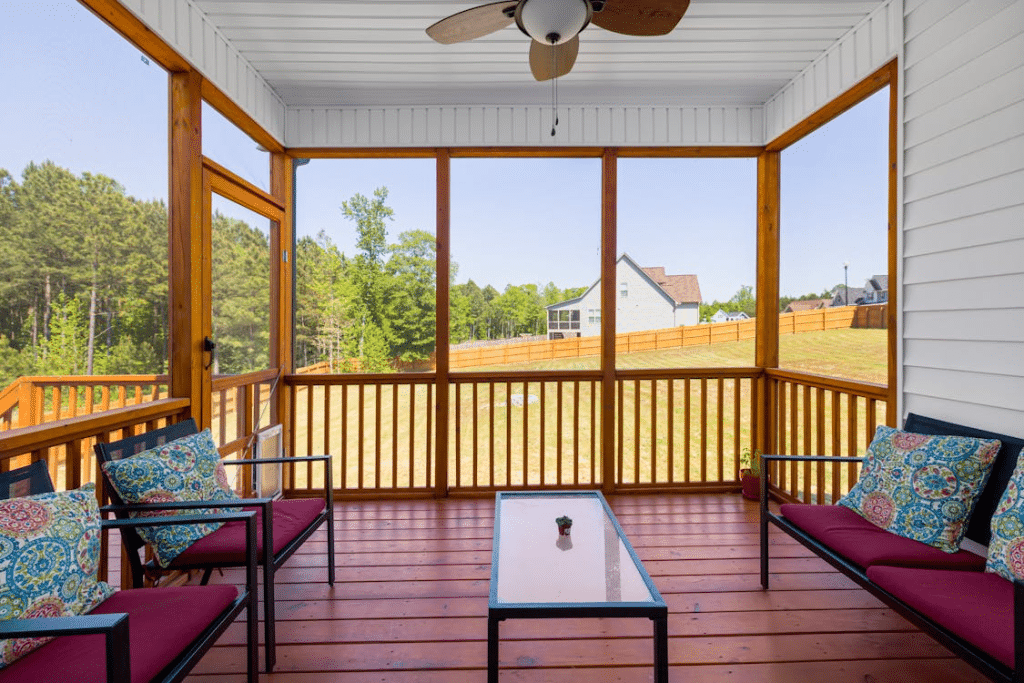Buying a home is a major milestone that requires careful thought and preparation. Many people get drawn to the excitement of browsing listings, visiting open houses, and imagining their new life in a different space. Yet, before signing any agreement, it’s important to understand what your purchase really means financially.
Knowing how much you can comfortably manage each month helps you make smart and confident decisions. Exploring your potential costs before you start looking at properties gives you clarity about what’s realistic. When you understand your budget and future payments, you’ll be ready to take your next step toward homeownership with greater confidence.
Here’s how you can get started:
Understanding the Home-Buying Process
Buying a property involves several stages that can feel overwhelming at first. It starts with setting a realistic price range, finding a trusted real estate agent, and researching properties that fit your needs. Once you find a home you like, you’ll make an offer, go through an inspection, and complete all necessary paperwork before the purchase is finalized.
Staying organized during each step makes everything easier to handle. It’s also helpful to keep all documents in one place so you can review them whenever needed. When you understand each stage early, you’re better prepared to move forward without unnecessary stress.
Calculating What You Can Afford
Before starting your search, it’s helpful to understand what you can truly afford based on your financial situation. Estimating payments, interest, and time frames gives you a clearer view of what fits your lifestyle. A home mortgage calculator available online at financial platforms and resources can help you estimate your potential payments and how they change with different down payments or interest rates.
In addition to estimating monthly payments, it’s important to understand your debt-to-income (DTI) ratio. This measures how much of your monthly income goes toward existing debts such as credit cards, car loans, or student loans. Lenders use this ratio to evaluate whether you can comfortably take on a mortgage. Using a debt-to-income calculator alongside a mortgage calculator helps you see how your current obligations affect what you can realistically afford.
These tools allow users to adjust key factors such as property price, rate, and term length. It provides a realistic overview without requiring complex calculations. Using such a tool helps you make smarter decisions before you commit to a property. It’s a simple step that supports better planning and financial understanding.
Researching Property Locations
Where you choose to live plays a major role in your overall satisfaction. The location affects convenience, daily travel, and future value. It’s smart to check out nearby schools, transport links, hospitals, and grocery stores. Areas with strong communities and good development plans tend to retain value over time.
Visit potential neighborhoods at different times of the day to see how they feel. Talking to residents can also provide honest insights. This kind of research helps you avoid unexpected issues later. A good location not only fits your lifestyle today but also supports future comfort and stability.
Setting a Realistic Budget
A budget is more than just the purchase price. It should include maintenance, insurance, property taxes, and unexpected repairs. Many first-time buyers forget about smaller, ongoing expenses that add up over time. Listing all possible costs helps you make smarter choices. Think about your current spending and savings habits to see what feels comfortable.
It’s also good to leave some flexibility in your budget for emergencies or upgrades. A well-thought-out budget gives you stability and helps you manage your property with confidence. The goal is to live comfortably, not to stretch your limits too far.
Inspecting the Property Thoroughly
A property might look perfect on the surface, but an inspection can reveal important details. Check for any signs of damage, leaks, or poor maintenance. Hiring a professional inspector is worth the cost because they can identify issues you might miss. Pay attention to plumbing, electrical systems, and the roof’s condition.
If possible, attend the inspection yourself so you can ask questions in real time. It’s much better to address potential problems before buying than to face expensive repairs later. Being thorough protects your investment and ensures you’re making a responsible decision that brings long-term peace of mind.
Reviewing the Contract Carefully
Every buyer should read their purchase agreement from start to finish. Even though legal documents can be dense, understanding each section matters. Review payment terms, deadlines, and any special conditions. If something seems unclear, ask your agent or lawyer to explain it in plain language.
It’s always better to ask before signing rather than deal with surprises later. Contracts may include clauses that affect your ownership rights or responsibilities. Paying attention to detail protects you from confusion down the line. Once you’re sure you understand every part, you can move forward with greater confidence and peace of mind.
Considering Future Expenses
Owning a home means thinking beyond the purchase itself. Monthly bills, repairs, and possible upgrades will all become part of your regular spending. Plan for things like new appliances, roof repairs, or landscaping. It’s helpful to set aside a small amount each month for future needs.
If your property is in a growing area, consider how its value might change over time. This way, you can plan improvements that make sense both personally and financially. Thinking ahead allows you to stay prepared and enjoy your property without constant worry about unexpected costs.
Understanding Market Conditions
The housing market changes over time, so it’s wise to stay informed. When prices rise quickly, competition increases, making it harder to negotiate. On the other hand, slower markets often provide more opportunities to find better deals. Keep an eye on interest rates and local housing trends before making decisions.
Timing can make a real difference in how much you end up paying overall. Learning about market patterns helps you recognize when it’s the right moment to buy. Staying patient and observant can help you secure a better deal and long-term satisfaction with your purchase.
Buying a property is a major life step that requires both excitement and caution. When you take time to understand your budget, review contracts carefully, and plan for long-term stability, you protect your peace of mind. Using the right tools, asking clear questions, and thinking ahead will make the process less stressful.
Every choice you make along the way contributes to a smarter and more confident purchase. With thoughtful planning and awareness, you can find a property that truly feels right for you, both now and in the years ahead.













